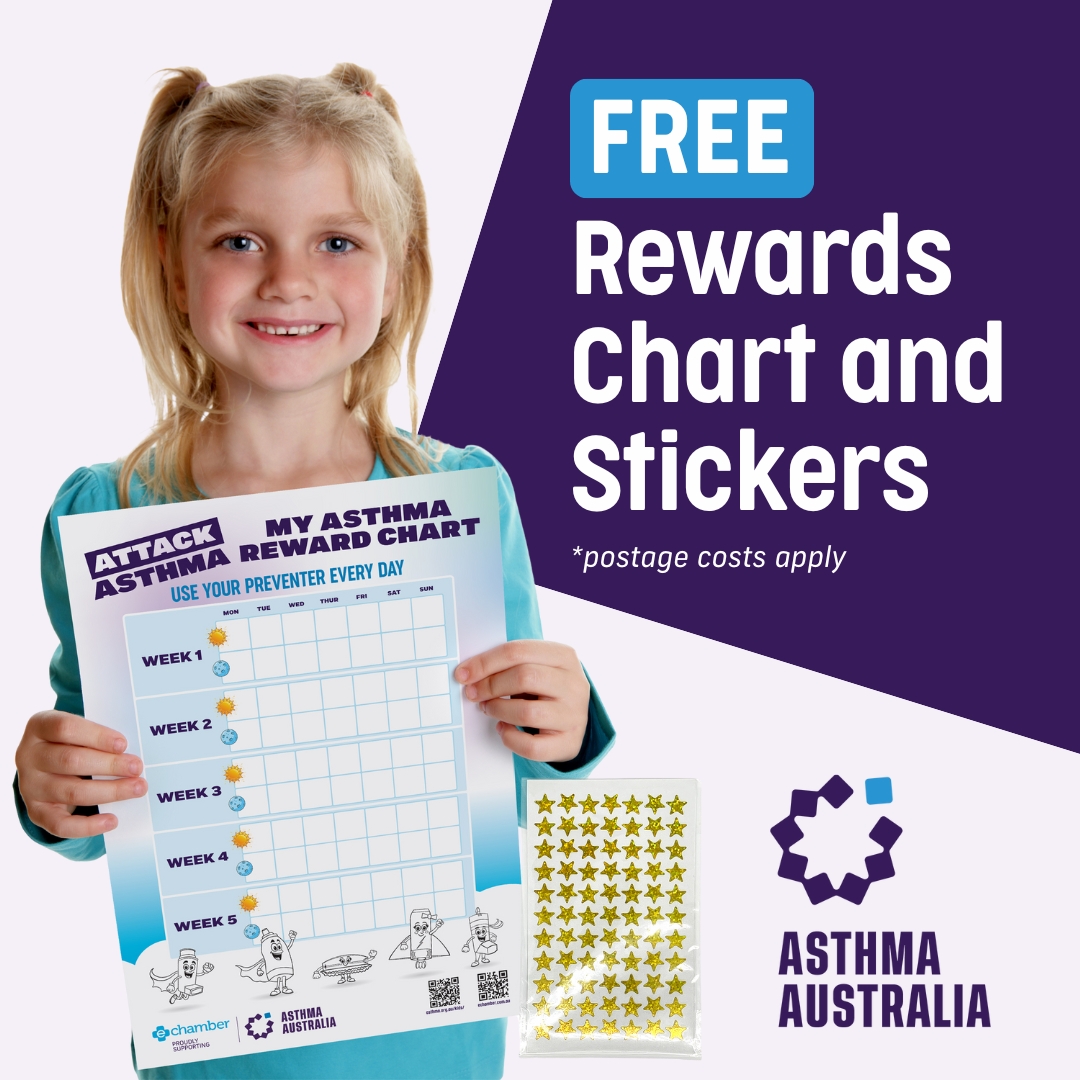Continuity of care for people with asthma – return to healthcare
Healthcare does not stop in lockdown, we are here to help! Hear it direct from health providers here.
The impact of the Coronavirus (COVID-19) pandemic has touched everyone, but it has been particularly stressful for those trying to manage long-term medical conditions such as asthma. Many people saw their doctor’s appointments cancelled, postponed, or changed to telephone or teleconferencing appointments, leaving people feeling quite anxious about how they were going to manage their condition during COVID-19.
A recent survey indicated that people with asthma or other long-term health conditions have avoided health services during COVID-19, due to concern about their exposure to the virus or the increased pressure on the health system. However, the effective management of long-term conditions includes regular follow-ups with your trusted health provider. This is very important for people with asthma, particularly during winter where triggers may be heightened– and a common time for viruses, including colds and flu, and asthma flare-ups.
If you have been avoiding health services during this period, we encourage you to reengage with your health provider. Make an appointment with your doctor to check in on your overall health and wellbeing and your asthma management. Speak to your doctor about your current level of asthma control, preventer use, device technique, trigger management, and the management of other conditions that may affect your asthma. It is important you have a written Asthma Action Plan that is fit for the current conditions and that your support network is aware of what’s in it and what action needs to be taken, should you need medical assistance
Changes to telehealth services
As of 20 July, there are some changes occurring to the telehealth service covered by the Federal Government. General practices are still able to offer consultations by telephone or video under the Medicare Benefits Scheme (MBS) but only for patients who have an existing and continuous relationship with their doctor. This means a general practitioner you have seen in the last 12 months for a face to face appointment or another GP at the same practice.
There are exemptions to the new rules for people living in Victoria under Stage 3 restrictions, people under 12 months of age, and people experiencing homelessness. People in these groups can access GP telehealth appointments even if they don’t have an existing relationship with the doctor. For more information on who can make use of telehealth services, read the latest announcement from the Minister for Health here.
Whilst telehealth services remain a great opportunity for you to review your asthma without needing to leave your house – it may be better for you to visit your general practice for an appointment with your doctor in person. Give your practice a call to discuss your options.
What to expect when you visit a health professional
Health services including hospitals, general practices and other community settings may look and feel very different at the moment to comply with the current COVID-19 restrictions. This may include additional hygiene practices such as the requirement to wait in your car to be called by the doctor, limited available seating within the clinic and pop up tents outside the clinic for those with COVID-19 symptoms. As well as distancing measures, your temperature may be taken before entering and you may be asked a few questions about symptoms and travel. These precautions have been put in place to ensure your safety and the safety of others.
It’s important that you continue to have the reassurance that the care and treatment you receive will continue to be of the highest quality. When it comes to respiratory health -medical services such as spirometry testing, lung health clinics, elective surgeries, and procedures, that may have previously been placed on hold during COVID-19 are beginning to be rebooked in some cases, however, in Victoria – restrictions may still be in place and patients will be tested for COVID-19 in advance of their elective surgery. If you are unsure of what treatments you can access or when you can access them, make contact with your usual clinic or doctor, don’t put off your health care.
Asthma Australia is working hard to support people with asthma during these hard times. Our Asthma Educators are here and ready to answer your asthma questions and concerns. We are also here to support health professionals with our asthma support services and training. We are in this together!
Speak to an Asthma Educator today on 1800 ASTHMA.





 1800 278 462
1800 278 462



